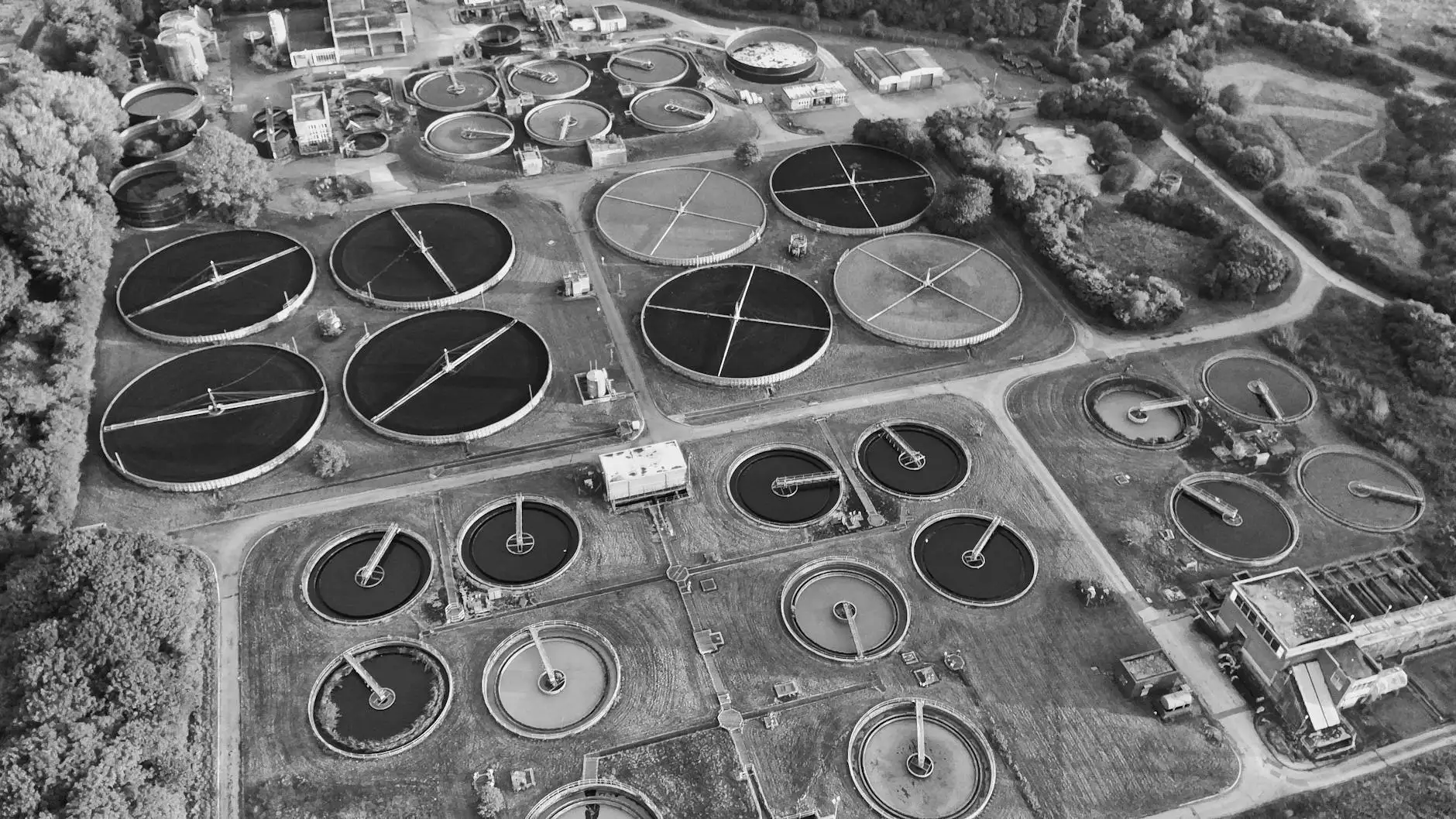Exploring the Automotive Engine Oil Cooler Market: Trends and Insights

The automotive engine oil cooler market has been gaining traction in recent years, driven by the increasing demand for efficient cooling solutions in vehicles, particularly diesel engines. As performance expectations rise, the emphasis on maintaining optimal engine temperatures has led to significant advancements in oil cooling technologies. In this comprehensive article, we will delve into the intricacies of the automotive engine oil cooler market, examining its evolution, current trends, and what the future may hold for stakeholders involved in this critical segment of the automotive industry.
Understanding Automotive Engine Oil Coolers
At its core, an automotive engine oil cooler is a heat exchanger designed to cool engine oil before it circulates through the engine. By removing excess heat, these coolers enhance engine performance, prolong lifespan, and support fuel efficiency. The prevalent use of diesel engines, especially in commercial vehicles, necessitates the importance of effective cooling solutions. Here, we will explore how oil coolers function and the various types available in the market.
How Engine Oil Coolers Work
Engine oil coolers function by circulating engine oil through a series of tubes, allowing air or coolant to pass through and absorb heat from the oil. This process ensures that the oil remains at an optimal viscosity, which is crucial for proper lubrication and engine function. Here’s a closer look at the components involved:
- Heat Exchanger: The core component where heat transfer occurs.
- Cooling Medium: Typically air or coolant, which absorbs the heat from the engine oil.
- Connections: Hoses and fittings that integrate the cooler with the engine system.
Types of Engine Oil Coolers
There are several types of engine oil coolers, categorized based on their design and cooling methods:
- Air-cooled Oil Coolers: Utilizes ambient air to cool oil, common in lighter applications.
- Liquid-cooled Oil Coolers: Uses engine coolant for enhanced cooling efficiency, suitable for high-performance engines.
- Remote Oil Coolers: Allows for greater flexibility in installation and positioning, often used in aftermarket applications.
Market Drivers and Trends in the Automotive Engine Oil Cooler Market
The automotive engine oil cooler market is influenced by several key factors, including regulatory requirements, evolving technology, and changing consumer preferences. In this section, we will explore these drivers in detail.
Regulatory Standards and Environmental Concerns
Governments worldwide are imposing stricter emissions regulations aimed at reducing the environmental impact of vehicles. As a result, manufacturers are forced to develop more eco-friendly engines that operate efficiently at lower temperatures. Engine oil coolers play a crucial role in achieving these standards, making them indispensable in modern engine design.
Technological Advancements
With rapid advancements in technology, the automotive industry is evolving at an unprecedented pace. Innovations such as:
- Smart Oil Coolers: Employing sensors and electronic controls to optimize performance.
- High Efficiency Models: Providing better thermal management with lighter and more durable materials.
- Modular Designs: Allowing for easier integration and maintenance.
These advancements are not only improving the performance of oil coolers but also their market viability.
Consumer Awareness and Preference
As consumers become more knowledgeable about vehicle maintenance, there is an increasing demand for high-quality automotive parts. Drivers are looking for reliable, high-performance cooling solutions that can extend the life of their engines. This shift in consumer preferences drives demand in the automotive engine oil cooler market.
Competitive Landscape of the Automotive Engine Oil Cooler Market
The competitive dynamics of the automotive engine oil cooler market are marked by the presence of several key players, technological innovations, and ongoing mergers and acquisitions. This section will dissect the competitive landscape and analyze major market players.
Key Players in the Market
Leading manufacturers of automotive engine oil coolers include:
- Thermo King: Known for its innovative and efficient cooling solutions.
- Mahle GmbH: A global supplier renowned for its advanced thermal management technologies.
- GKN Automotive: Offers a variety of cooling solutions tailored for different automotive applications.
- Setrab: Specializes in high-performance oil coolers for motorsports and commercial vehicles.
These companies not only provide oil coolers but also engage in continuous research and development to enhance product efficiency.
Market Opportunities
The automotive engine oil cooler market presents various opportunities for growth, especially in regions experiencing increased vehicle production and demand. The Asia-Pacific region is notably projected to witness substantial growth, driven by:
- Rising Automotive Production: Countries like China and India are becoming automotive manufacturing hubs.
- Growing Demand for Commercial Vehicles: Increased logistics and transportation needs heighten the demand for efficient diesel engines.
Future Outlook of the Automotive Engine Oil Cooler Market
The future of the automotive engine oil cooler market stands on the brink of significant change. With the automotive industry increasingly shifting towards electric vehicles (EVs) and hybrids, the role of traditional engine oil coolers may evolve even further. Here’s what to expect:
Shifts Towards Electric Vehicles
As electric vehicles gain traction, the need for traditional oil coolers may decline. Nevertheless, there is potential for innovation in thermal management systems that cater to EV battery cooling and associated components. Manufacturers must adapt to these changes and invest in R&D.
Increased Focus on Sustainability
With environmental concerns paramount, future engine oil cooling solutions will likely integrate sustainable practices. This could involve the use of recycled materials, energy-efficient production processes, and the development of coolers specifically for low-emission vehicles.
Conclusion
The automotive engine oil cooler market is poised for robust growth due to advancing technologies, regulatory pressures, and changing consumer needs. Companies like client-diesel.com play a vital role in this landscape, providing high-quality diesel engine parts and spare parts to meet the evolving demands.
As we consider the future of the industry, it's essential for all stakeholders to remain agile and innovative, ensuring they are equipped to meet the demands of a rapidly changing market. By staying informed and adapting to trends, businesses can seize new opportunities and thrive in the dynamic realm of automotive engineering.









